During her nine months as a KSJ fellow, Khan has been exploring ways to encourage literacy on basic scientific topics by harnessing people’s natural curiosity about the origins of life on Earth and the possibility of life on other planets.
This Year’s Fellows: Magnus Bjerg
For the past six years Bjerg has been doing digital journalism for TV 2, Denmark’s largest news broadcaster. Over the course of his fellowship at MIT, he has been investigating how developers and journalists can better collaborate.
This Year’s Fellows: Talia Bronshtein
As a Knight Science Journalism fellow at MIT, Bronshtein is studying the emerging yet underreported subject of decentralized technologies, which she thinks may one day revolutionize everything from medical records and financial systems to journalism.
This Year’s Fellows: Pakinam Amer
The Nature Middle East Editor wants to use virtual reality to help people understand today’s scientific issues.
This Year’s Fellows: Jason Dearen
“Nothing feels better than when your story holds up under scrutiny.” Awards are great, but Jason Dearen is most proud of the time his writing got a man out of jail. In 2005, Dearen published a series of articles for the Oakland Tribune investigating the case of Matthew Deger, a schizophrenic patient caught in a […]


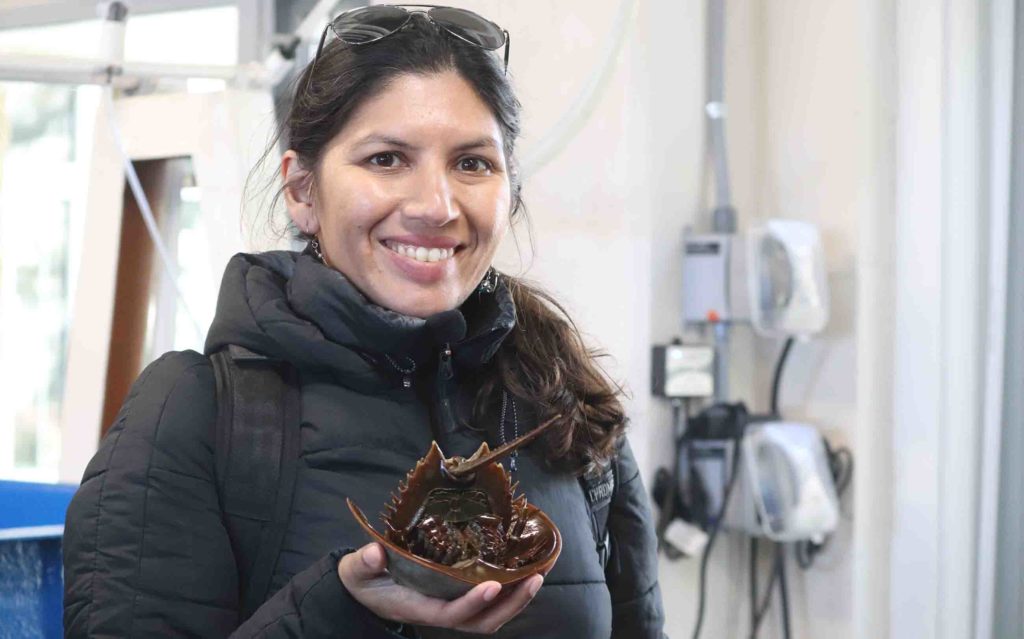 "
"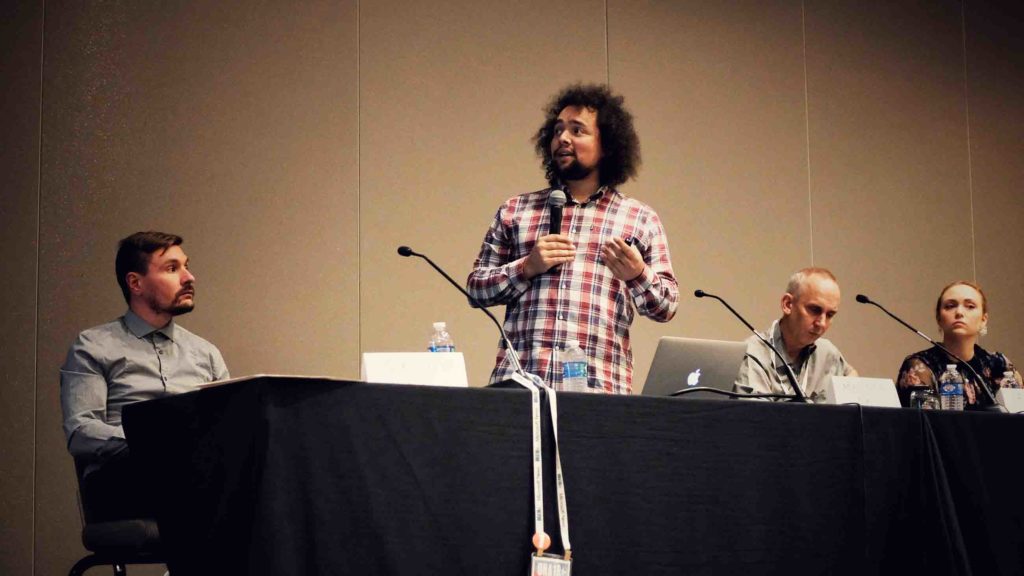 "
"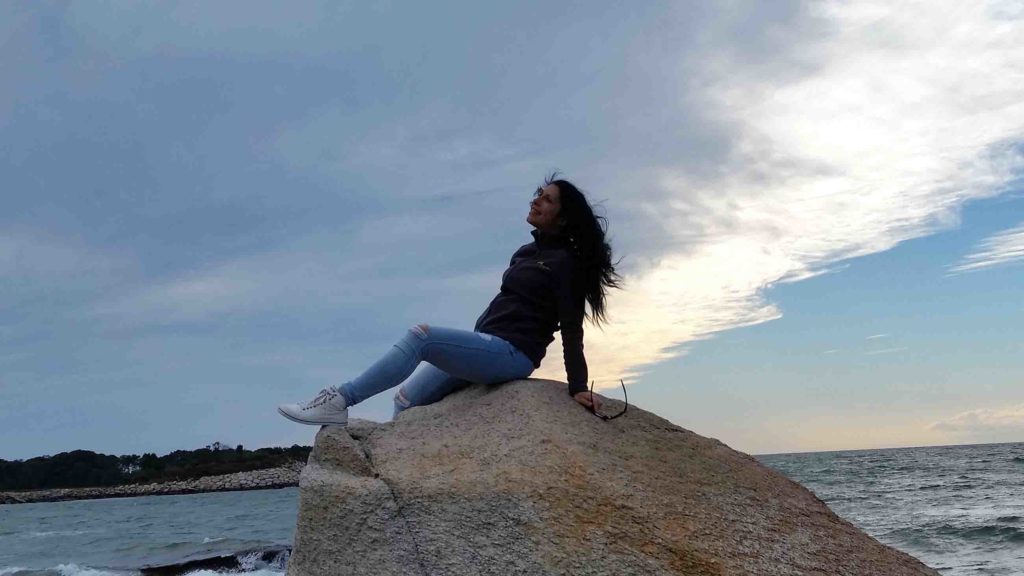 "
"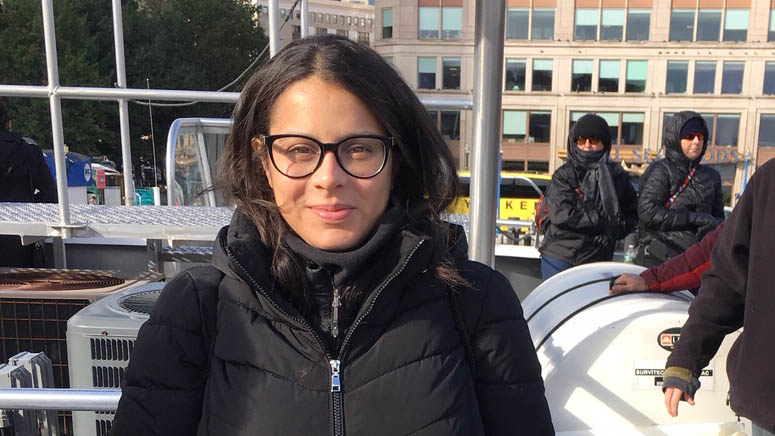 "
"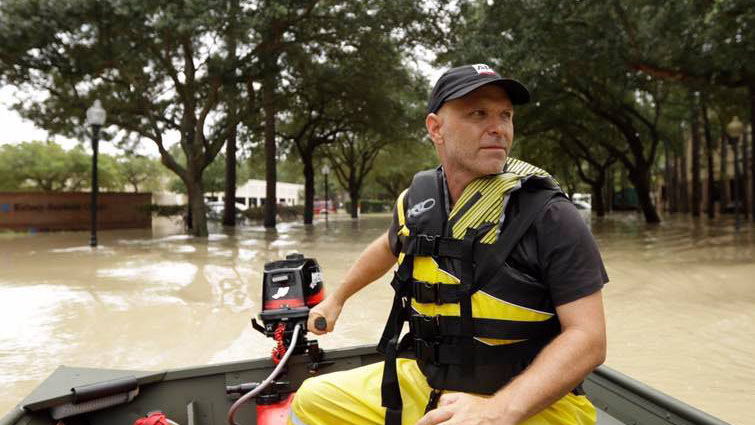 "
"